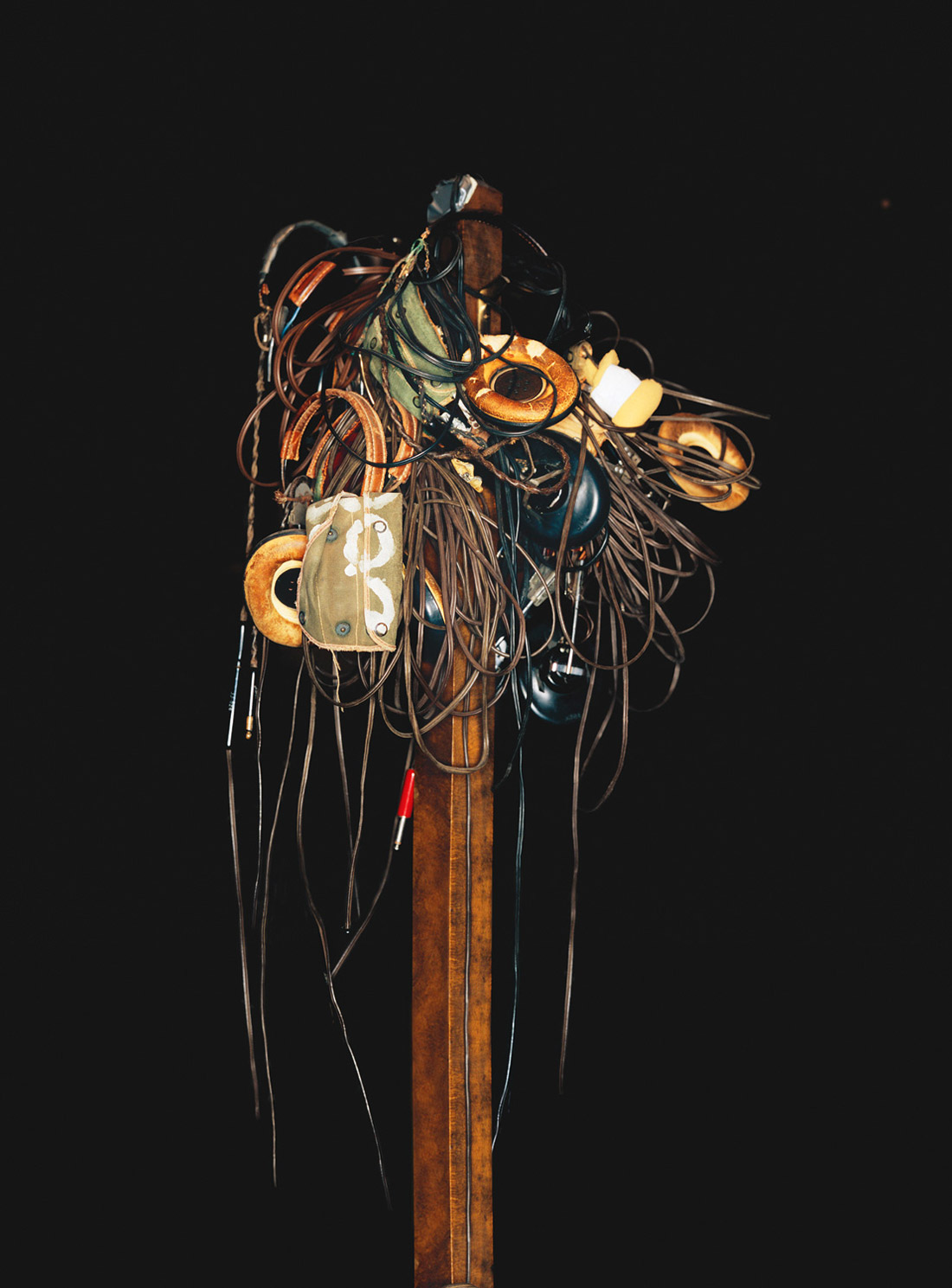Black Lion is a small company best known for tearing apart and upgrading off-the-shelf gear. They also manufacture pro audio items. One of their offerings is the Micro Clock Mk2, a small footprint, barebones, external master clock. If you are the owner of a Pro Tools HD rig with legacy Digidesign converters, read on, you will want to know about this device.
The unit is about 3’’ x 4’’ in size, provides three word clock outputs, and uses a 9 volt wall-wart power supply. The front controls include a toggle switch for selecting multiples of 44.1 and 48 kHz, as there are two different clocks inside the unit. Proponents of this design argue that a dedicated clock for each multiple provides a more stable lock than deriving the clock from another value. A rotary selector is used to pick which speed of a given multiple you use: 1x, 2x, and 3x. There are no power, frequency, or display lights of any kind. The unit can generate six different sample-rates from 44.1 to 192 kHz.
Most PCM-digital converter designers agree that an internal clock is almost always the best choice for a given converter. However, once you add more than one digital unit to the system, it gets a bit more complicated. Questions arise regarding which unit should serve as the master and which should be the slaves. Likewise, the correct method to send, chain, and terminate word clock cables can be a nightmare. That is why vendors like Black Lion offer a master clock with multiple outputs. Readers interested in more clocking discussions should look up the review of the Grimm Audio CC1 master clock by Bob Katz and me (Tape Op #75).
I tested the Micro Clock Mk2 with three systems: a Pro Tools HD rig with Digidesign 96 I/O converters, a PT LE system using a 003 control surface, and a PT HD system using a single Lynx Aurora 16-VT (Tape Op #73). On the first HD rig, I felt that the Micro Clock Mk2 definitely improved the sound. The self-clocked Digidesign converters seemed to have a low-mid boost that was both anti-digital sounding but also a little wooly. (To be fair, recall that these converters were designed to outperform Alesis ADAT XT, TASCAM DA-88, and Digidesign Mix systems. We now critique these units with more than a decade of improved market offerings.) On the 003, I also preferred the Micro Clock Mk2. I could definitely hear a focusing of the lows and a wider stereo image. Meanwhile, the Lynx Aurora seemed to perform better with its internal clock. The highs got brighter when clocked to the Micro Cl
So, if this clock is so decent for $495, what’s the catch? Well, there are several. How significant they are will depend on your circumstances. If your studio has different engineers coming and going, you may have some problems. Since there are no display values, it takes a little extra time to make sure you have selected the appropriate sample rate. We had one engineer track a full day with the Micro Clock Mk2 at 44.1 kHz and Pro Tools session set at 48 kHz. (Exactly how the software permitted this situation still baffles us, but it screwed the pooch as far as the audio data was concerned. We had to give the band a free day to come in and redo their work.) Likewise, there is no light to indicate the unit is on or has power. This can be a moderate pain when trying to troubleshoot. Finally, the BNC word clock outputs are on the front panel, which means you are guaranteed a tangled group of wires next to the format and speed controls. The weight of the BNC cables will pull the lightweight Micro Clock Mk2 off of a table, so we had to use clamps to hold it on top of our converter rack. It’s much more DIY than professional from a vibe standpoint. However, if you run your own studio or have the same group of engineers, it shouldn’t be any issue using the Micro Clock Mk2 once everyone is familiar with it.
I respect Black Lion’s choice of omitting various display features in order to reduce cost but maintain fidelity. However, should a version 3 of the Micro Clock Mk2 hit the market, I would beg for a power LED, just to let people know the unit is running.
If you are considering an external master clock for your studio, the Black Lion Micro Clock Mk2 should be on your demo list. Testing it on several workstations demonstrated how this device can improve the sound of some stock converters. However, you really need to test it in your own setup to be sure! Fortunately, Black Lion has a money-back guarantee that allows customers to try the Micro Clock Mk2 for 14 days in the privacy of their own studio.
($495 street; www.blacklionaudio.com)
Garrett Haines, www.treelady.com
Synchronization | No. 68
Isochrone OCX & 10M clock generators
by Jessica Thompson
In a digital system, the word-clock signal is used to generate a common time reference amongst all system components. It not only regulates data flow so that everything works together synchronously,...




_disp_horizontal_bw.jpg)